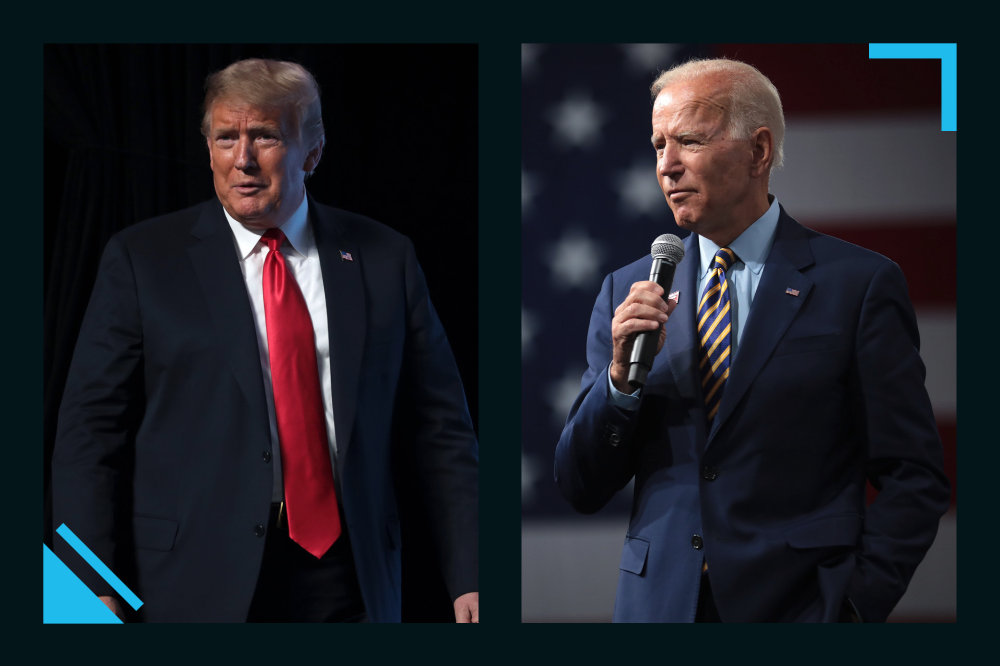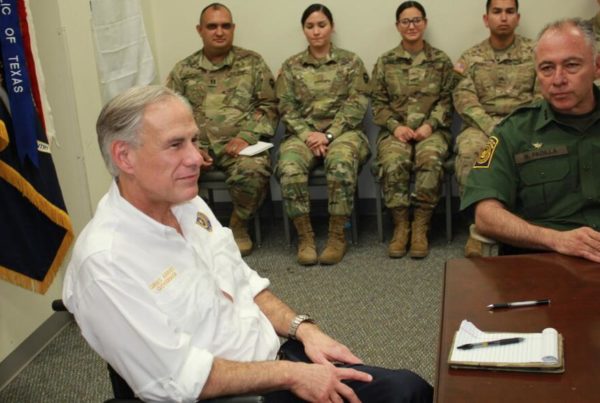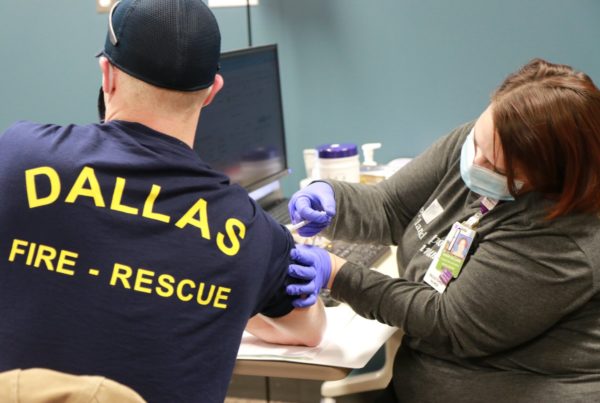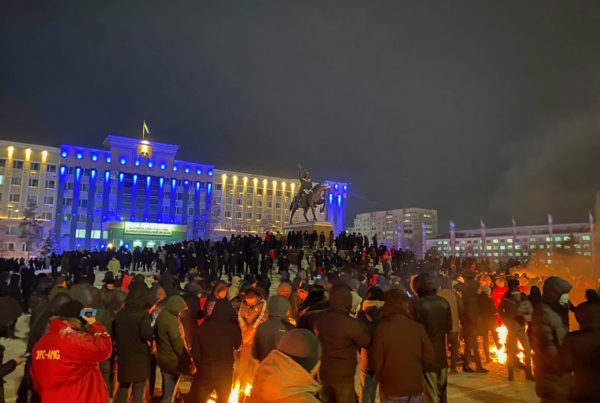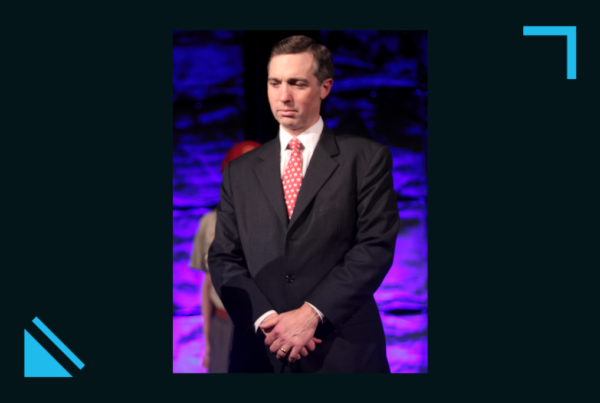Texas A&M professor Jennifer Mercieca is an expert on political rhetoric. Texas Standard spoke with her the day after the Jan. 6, 2021 insurrection on U.S. Capitol for insight into whether former President Trump could have been responsible for inciting the riot.
“If you watched his speech that he gave in the morning at the ‘Save America’ rally, he told his supporters there that there was a conspiracy to defraud him of the election and that they needed to be violent, they needed to be aggressive,” Mercieca said. “He promised he would go with them to the Capitol and that they would put pressure on Congress to do what he thought was right. That’s a similar message that you heard him repeat. Even after the riots started, he continued to say that there had been a conspiracy, that he had been wronged.”
Thursday, on the one-year anniversary of the insurrection, President Biden addressed the country. Texas Standard reached out to Mercieca again for analysis, and to compare and contrast the two speeches.
Texas Standard: Was President Biden’s tone different in his Jan. 6 speech than it had been previously?
Prof. Jennifer Mercieca: He was definitely strident in his defense of democracy, which is similar to what he’s been saying for the past year. But I did find that [Biden] was just a bit more strong, I think, in his condemnation of what’s known as the Big Lie about [the] 2020 election and definitely very forceful about trying to really call out those people who are involved in the insurrection and say that they think of themselves as patriots, but they weren’t. You know, they think they thought of themselves as defending democracy, but they were attacking democracy. So [Biden was] really trying to draw that distinction between what [those who supported the insurrection] claim they were doing and what they actually did.
One of the notes that you gave us last year on then-President Trump was an idea of what loyalty appeared to mean to him:
“Donald Trump presents himself as the apotheosis, or the greatest example, of American exceptionalism. And so you have to be loyal to Trump and that loyalty equals patriotism.”
How did President Biden attempt to counter that idea yesterday?
It was a direct refutation. In fact, [Biden] said that a real patriot is loyal to the rule of law, is loyal to the Constitution, to the democratic process, that the real patriots in America accept election results whether they win or they lose, and that they’re not loyal to just one person. So, yeah, he was absolutely doing that in terms of refuting Trump. But then he was also invoking American exceptionalism, himself, for the cause of democracy, which is more typical for how we actually hear presidents using American exceptionalism. Usually, they use it as a way of invoking our values and our best version of ourselves. And so that’s what we heard Joe Biden do yesterday.
It seemed as if Biden was issuing a kind of warning. What did you pick up on?
Yeah, absolutely. And I think that that was justified. What we’ve seen over the past year is a solidification of that narrative on the right that says that Joe Biden is an illegitimate president, that the election was stolen. You know, we see that there have been state-level changes to election laws. They haven’t been able to pass a federal law that protects the elections. And so there’s a lot to be worried about. Those people who thought a year ago that the election had been stolen still think that. And so democracy is on the line. Experts believe that – people who study democratic erosion – have placed America on the backsliding list for the first time, saying that it looks like our democracy is eroding and that we have to do something to stop that.
What can we learn from focusing on how each president defined values in their speeches?
Joe Biden is pretty good at performing what scholars call the “priestly role” of the presidency, and so that’s when the nation is in crisis, the president is called upon to say what our values are and how those values are exactly the values that will get us through. So, in the speech from yesterday, it was the rule of law and the sanctity of elections and our faith in democracy and, sort of, the better angels of our nature. And so he was able to invoke those in a way that is trying to motivate us to defend democracy.
But we don’t see Donald Trump do that very often. And during his presidency, he wasn’t very comfortable talking about values. He was very comfortable talking about winning and losing and American exceptionalism on those terms. But he wasn’t very good at sort of painting a picture of the best version of America and using that to try to motivate us to act.
Can a speech help American democracy right now?
Yes, it can. In the same way that rhetoric can help to destroy or subvert democracy, rhetoric can help to solidify and strengthen democracy. Donald Trump was excellent at using rhetoric to undermine the legitimacy of the democratic process, to destroy the trust that we have for our elected officials, for one another. And Joe Biden is trying to do the opposite. You know, his whole message is about unity and strengthening democracy. And that message might not be heard in the way that you would want it to be heard from those people who are diehard Trump supporters who really, really believe what he says about the election. But that is still a minority of the population.
And so it’s really important, to mark the occasion of the insurrection, to talk about the threat to democracy and the fact that we survived this attack. But there may be others for everyone else. Right? It’s a kind of communal value-making to reassert and reestablish those communal norms around democracy and the peaceful transfer of power. It’s a way of saying, you know, this was what happened, this is the reality. And for people who haven’t been following the question closely, who maybe aren’t as involved in politics, who get their news in a more ambient way … that message will get to them, it will reach them in some way. And they’ll be able to understand Jan. 6 as a threat to democracy. And I think that’s the main point.


